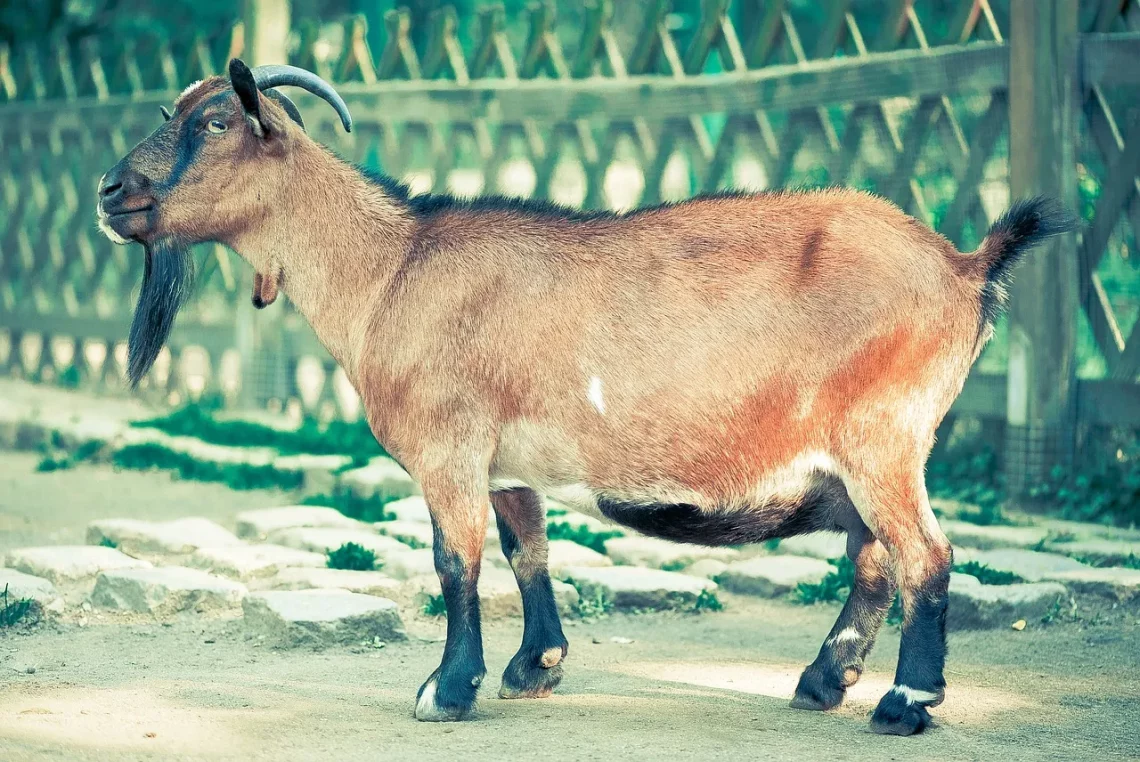
Understanding Loose and Painful Central Incisors in Baby Goats
Baby goats, or kids, are a delightful addition to any farm or homestead. Their playful nature and boundless energy make them endearing companions. However, like any young animal, they can experience health issues that require careful attention from their caretakers. Among these concerns, the condition of the central incisors is particularly noteworthy. These teeth are critical for the young goats as they begin to explore their environment and learn to graze.
Loose or painful incisors can indicate various underlying health problems, from nutritional deficiencies to dental diseases. Understanding these issues not only helps in ensuring the well-being of the goats but also aids in making informed decisions regarding their care. Observing your goats closely and recognizing when something seems off is vital. By being proactive, goat owners can address potential issues before they escalate, ensuring that their young goats remain healthy and happy.
In this article, we will explore the complexities surrounding loose and painful central incisors in baby goats. We will discuss the common causes, symptoms to watch for, and the best practices for maintaining your goats’ dental health. With the right knowledge, goat owners can provide the best possible care for their furry friends.
Common Causes of Loose Incisors in Young Goats
When it comes to baby goats, several factors can contribute to the loosening of their central incisors. One of the most prevalent reasons is the natural process of tooth replacement. Baby goats typically begin to lose their baby teeth around the age of 3-4 months as their adult teeth come in. This is a normal part of their growth and development. However, during this transition, it is not uncommon for some of these teeth to become loose and cause discomfort.
Another significant factor leading to loose incisors is nutritional deficiencies. Goats require a balanced diet rich in vitamins and minerals for optimal health. A lack of essential nutrients, such as calcium and phosphorus, can lead to weakened teeth and bones. This deficiency can be particularly prevalent in young goats that are transitioning from mother’s milk to solid food. It’s crucial for goat owners to provide high-quality hay, grains, and access to minerals to support the dental health of their kids.
In addition, dental diseases can play a pivotal role in the integrity of a goat’s teeth. Periodontal disease, for instance, can cause inflammation and infection in the tissues surrounding the teeth, leading to mobility and pain. Young goats are also susceptible to trauma, which can occur during rough play or interactions with other animals. Such injuries may result in loose teeth that require veterinary attention.
Lastly, genetic factors should not be overlooked. Some breeds may be more prone to dental issues than others. Understanding the genetic predispositions of your goats can help in anticipating and managing potential dental problems.
Recognizing Symptoms of Dental Issues
Identifying the symptoms of dental issues in baby goats is essential for prompt intervention and treatment. One of the first signs that something may be wrong is a change in eating habits. If a goat is reluctant to eat or appears to be chewing on one side of its mouth, this could indicate pain or discomfort in the mouth area. Owners should pay close attention to this behavior, as it could signal a dental problem that needs addressing.
Another symptom to watch for is excessive drooling or salivation. If you notice your goat drooling more than usual, it may be experiencing pain when chewing or swallowing. Additionally, a foul odor from the mouth can indicate an underlying infection or dental disease, and should not be ignored.
Behavioral changes can also provide clues about a goat’s dental health. If a normally playful kid becomes withdrawn or irritable, this could be a sign of pain. Goats are generally social animals, so any significant change in behavior should prompt further investigation.
Physical examination is another critical step. Gently opening the mouth to inspect the incisors and gums can help you identify any visible signs of issues. Look for swelling, redness, or any loose teeth. If you notice any of these signs, it’s advisable to consult a veterinarian for a thorough examination and diagnosis.
Maintaining a watchful eye on your goats and understanding these symptoms can greatly improve their overall health and quality of life.
Preventive Measures for Maintaining Dental Health
Preventing dental issues in baby goats requires a proactive approach to their care and nutrition. One of the most effective measures is providing a balanced diet that meets all their nutritional needs. High-quality hay, grains, and access to mineral supplements are essential for promoting strong teeth and healthy gums. As baby goats transition to solid food, it’s important to monitor their diet closely to ensure they are receiving adequate nutrients.
Regular dental check-ups are also a key component of maintaining your goats’ health. Just as humans benefit from routine dental visits, goats can benefit from regular examinations by a veterinarian. These check-ups can help identify potential issues before they become serious, allowing for timely intervention.
Providing appropriate chewing materials can also aid in maintaining dental health. Goats have a natural instinct to chew on various items, which helps to keep their teeth clean and strong. Providing safe chewing options, such as untreated wood or specially designed chew toys, can encourage this behavior and prevent dental problems.
Additionally, keeping the living environment clean and free from debris can reduce the risk of injuries that may lead to dental issues. Ensuring that your goats have a safe space to play and roam will help minimize the chance of trauma to their mouths.
Lastly, educating yourself about the specific dental health needs of the goat breed you own can help in creating a tailored care plan. Each breed may have unique requirements or predispositions to certain dental issues, so being informed can lead to better preventive care.
When to Seek Veterinary Help
It’s vital for goat owners to know when to seek veterinary help regarding dental health issues. If a baby goat exhibits any signs of pain, such as reluctance to eat, excessive drooling, or behavioral changes, it’s crucial to seek a professional evaluation. Ignoring these signs can lead to more severe health problems, including infections or chronic pain.
In addition, if you notice any visible dental abnormalities, such as swelling, redness, or loose teeth, it’s important to consult a veterinarian immediately. These symptoms can often indicate an underlying issue that requires professional intervention.
Regularly scheduled veterinary visits can also help in monitoring your goat’s dental health. If your veterinarian has indicated any predisposition to dental issues within your herd, more frequent examinations may be necessary. Staying proactive in your goat’s health care can prevent minor issues from becoming major concerns.
Lastly, if you are unsure about any symptoms or changes in your goat’s behavior, don’t hesitate to reach out to a veterinarian. Seeking advice early can often save time, money, and, most importantly, your goat’s health.
In conclusion, understanding the factors surrounding loose and painful central incisors in baby goats is essential for their overall health and well-being. By staying informed and proactive, you can ensure that your goats thrive in their environment.
**Disclaimer:** This article is not meant to serve as medical advice. For any health concerns regarding your goats, it is recommended to consult a veterinarian for proper guidance and treatment.




